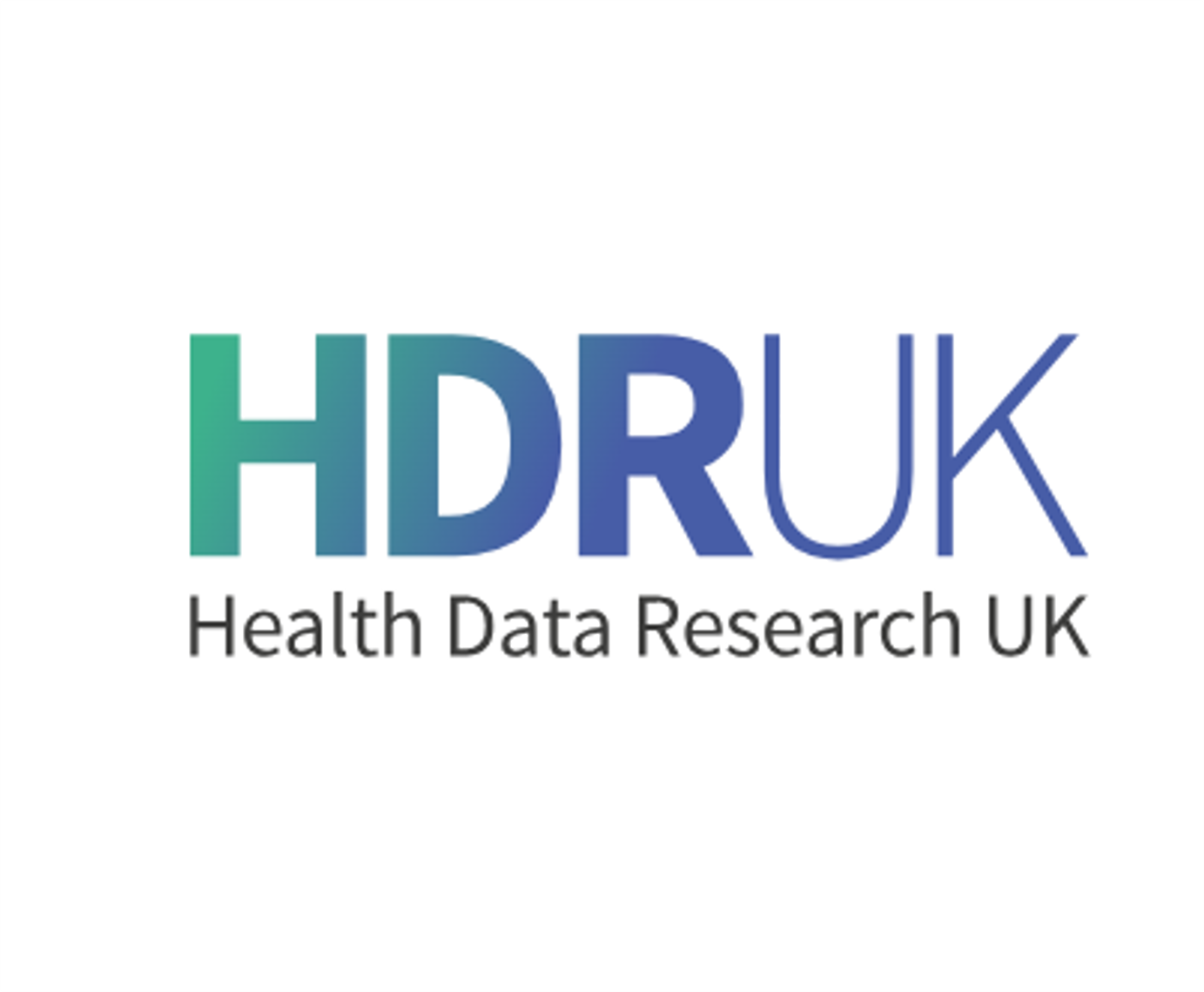TriagED

Decision support algorithms for Emergency Departments
Health & Wellbeing Artificial IntelligenceProject Vision
Emergency departments (EDs) are facing unprecedented levels of overcrowding which inevitably lead to increased delays in patient care. Without the ability to increase the size of an ED or the number of clinical staff, the only way to minimize delays in care is to use available resources more efficiently. In this project we are taking advantage of the data collected by EDs during patient attendances to develop machine learning models to predict attendance outcomes (e.g., a patient is discharged or admitted to hospital) at the point of departure from an ED, ultimately enabling proactive resource allocation.
This project is a collaboration with the University Hospitals Southampton Foundation Trust and we are using a de-personalised extract of the patient attendance database maintained by Southampton’s emergency department, allowing us to perform a retrospective evaluation of our machine learning models performance.
Project Objectives
-
Develop and (retrospectively) evaluate machine-learnt classifiers predicting the departure point of patients in the University Hospitals Southampton Emergency Department.
-
An evaluation of at which times during patient attendances (e.g., at registration or departure) accurate predictions can be made.
-
An analysis of which factors have the greatest effect on patient outcomes.
IT Innovation's Role
-
Data analysis evaluating factors impacting patient outcomes.
-
Development and evaluation of machine-learnt classifiers
-
Publication of results in a peer reviewed journal
Project Fact Sheet
Funding body: Alan Turing Institute
Length of project: 12 months
More information: Alan Turing Institute project page
 TriagED has received funding from The Alan Turing Institute
TriagED has received funding from The Alan Turing Institute
 This project is a collaboration with the University Hospitals Southampton Foundation Trust
This project is a collaboration with the University Hospitals Southampton Foundation Trust
